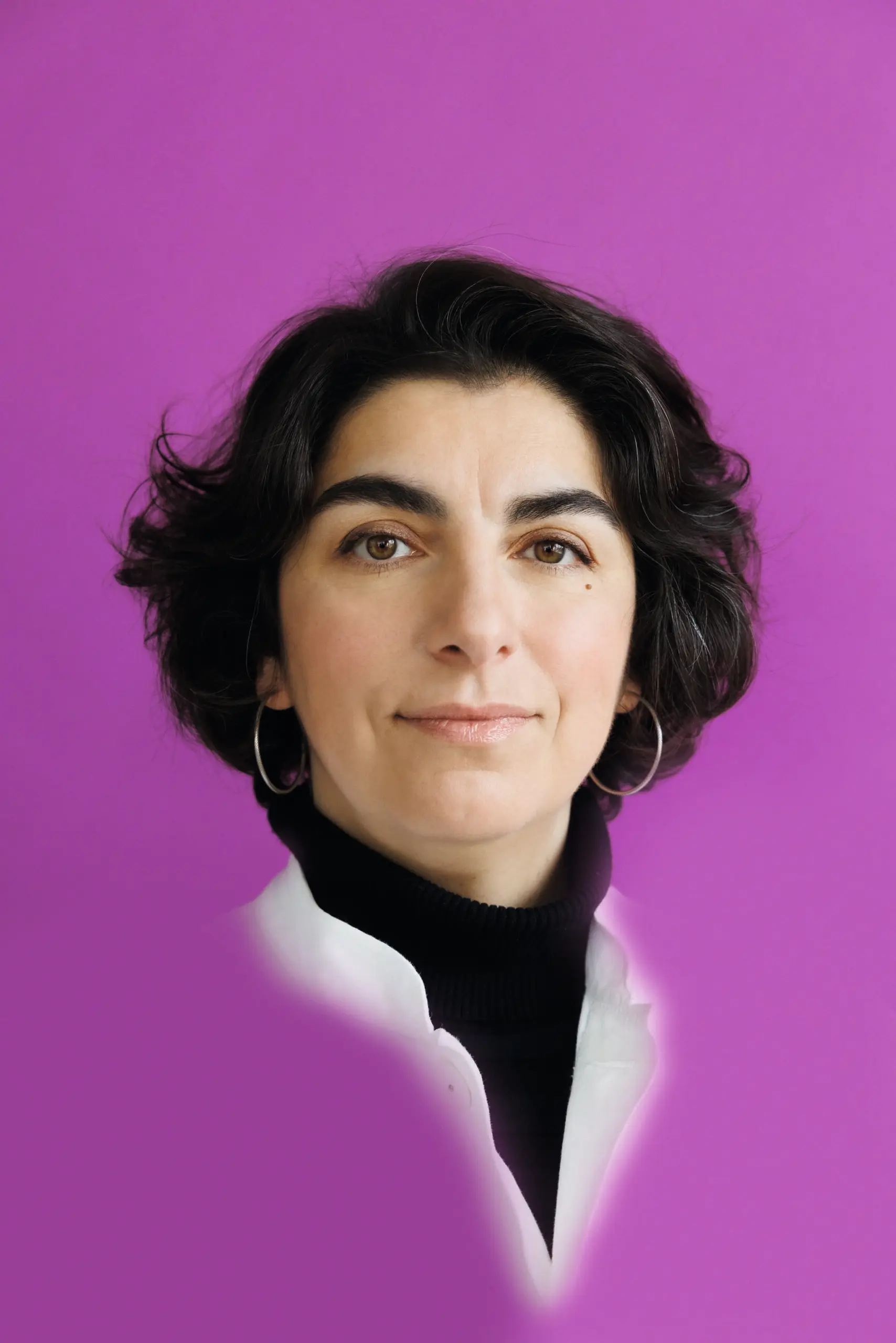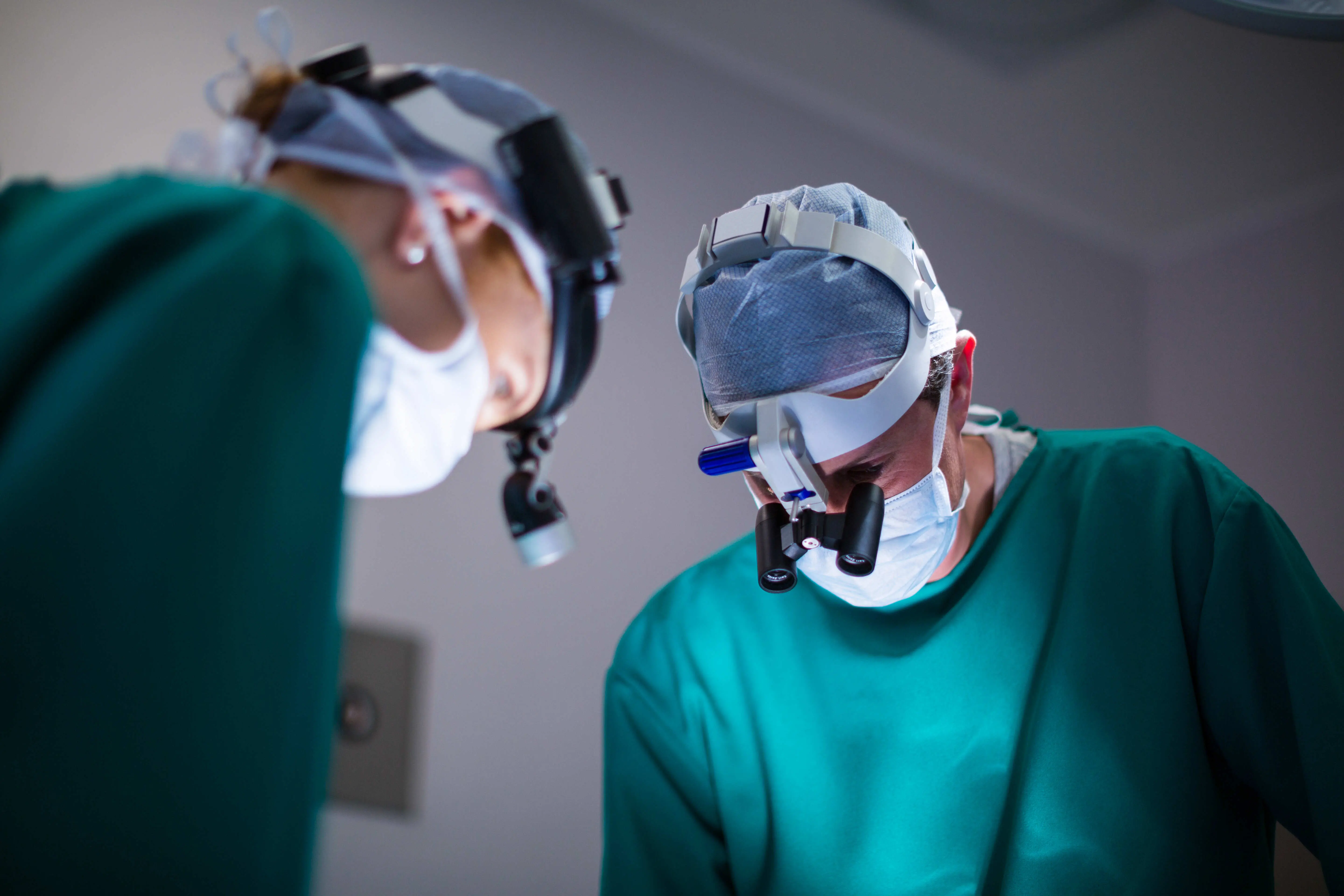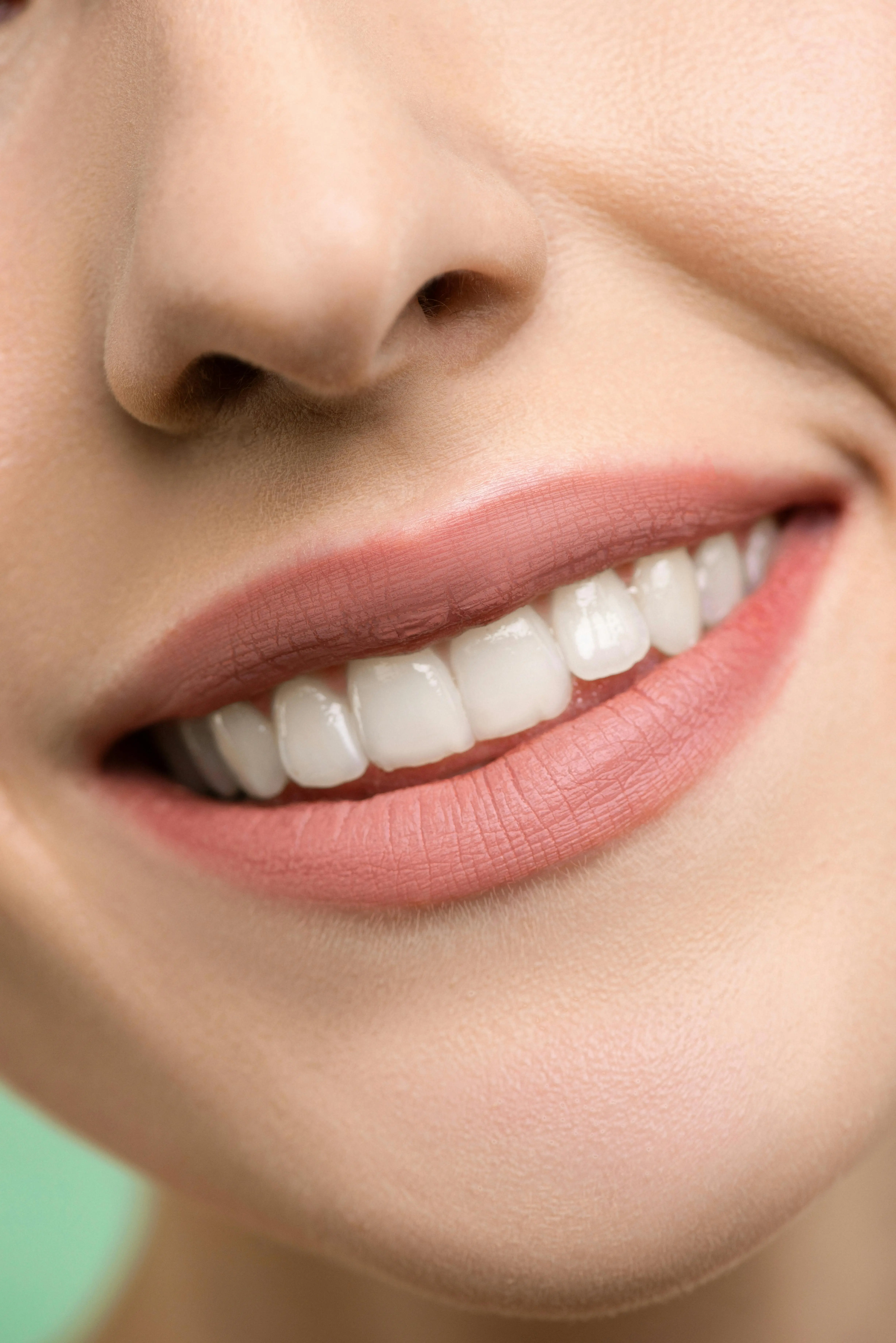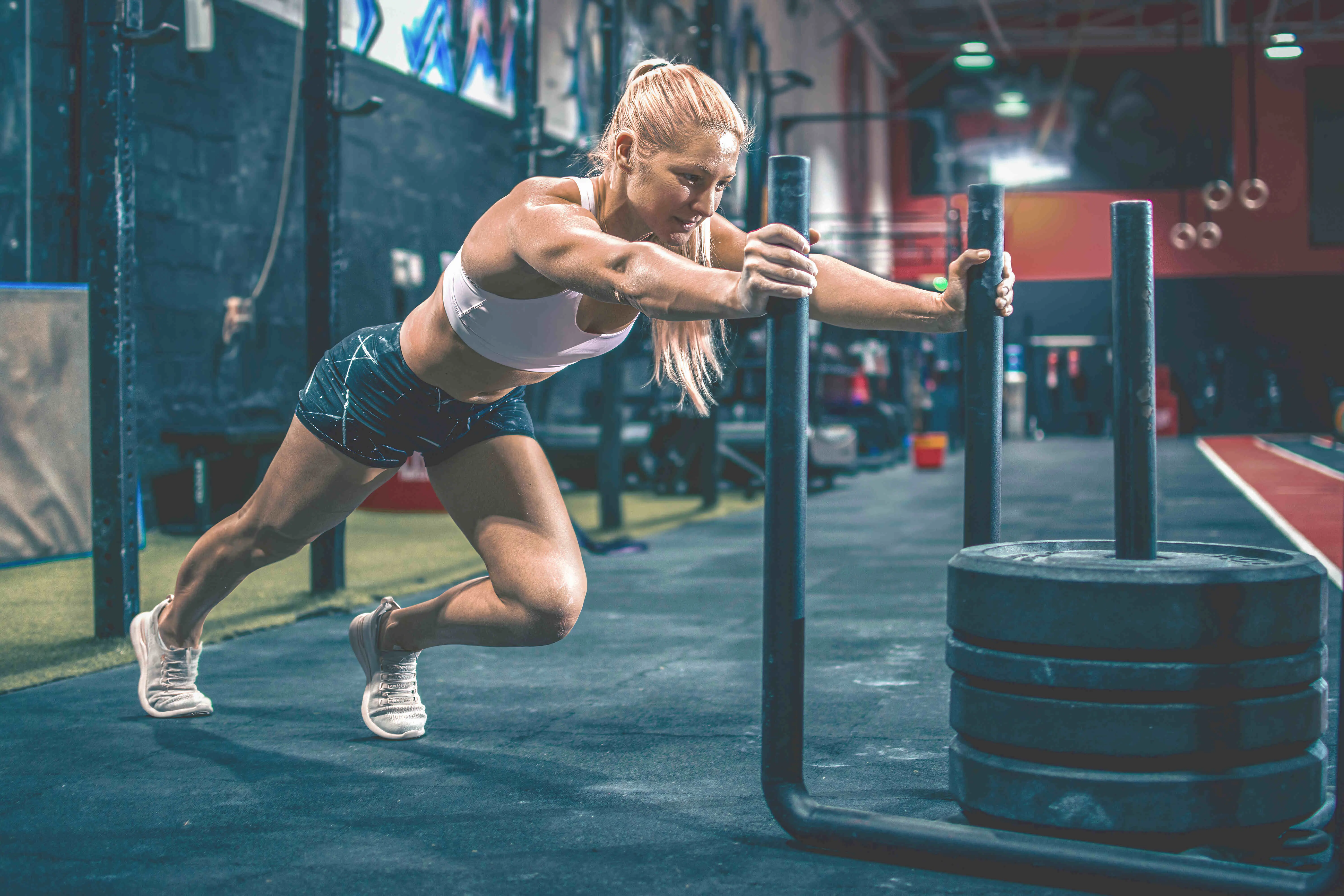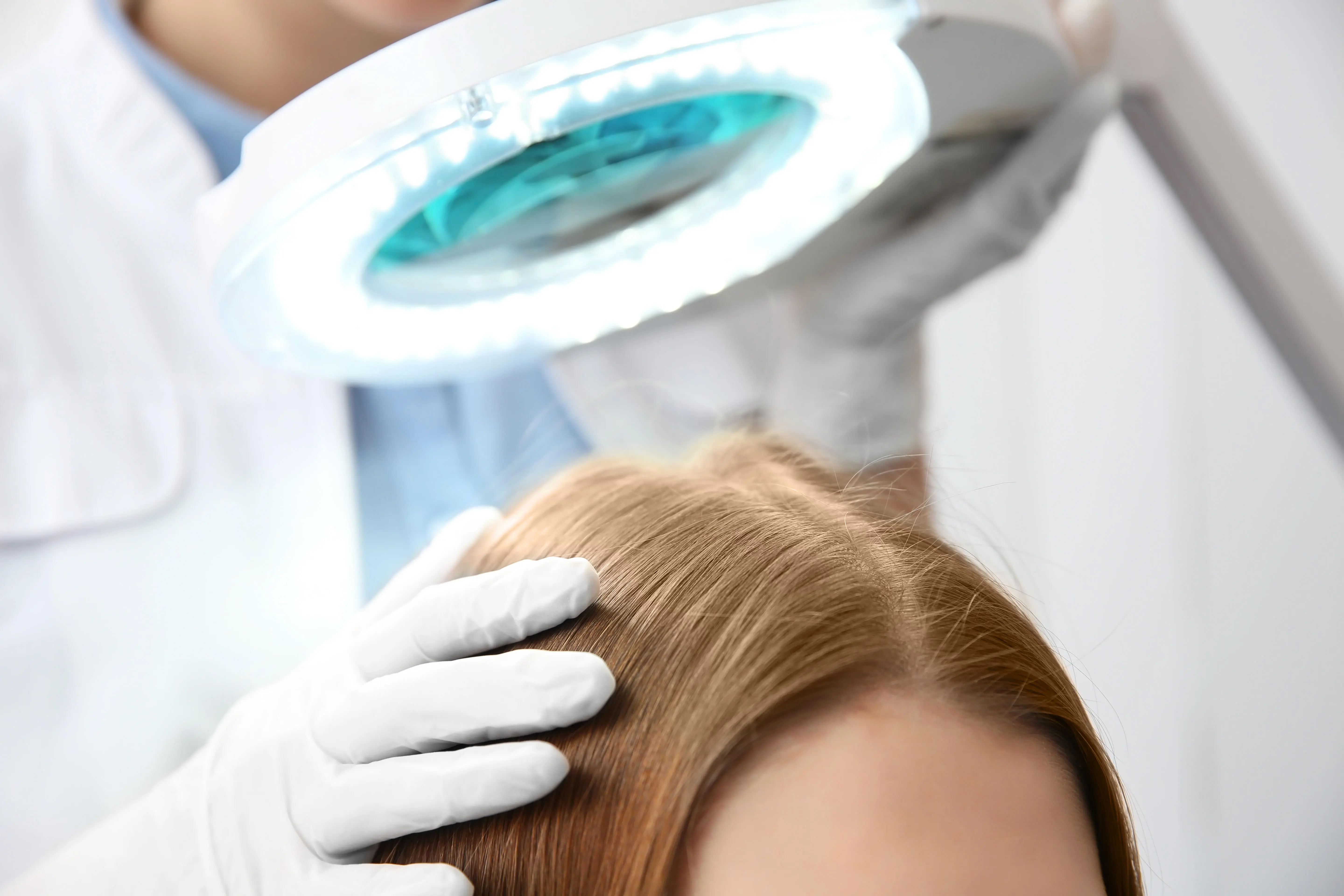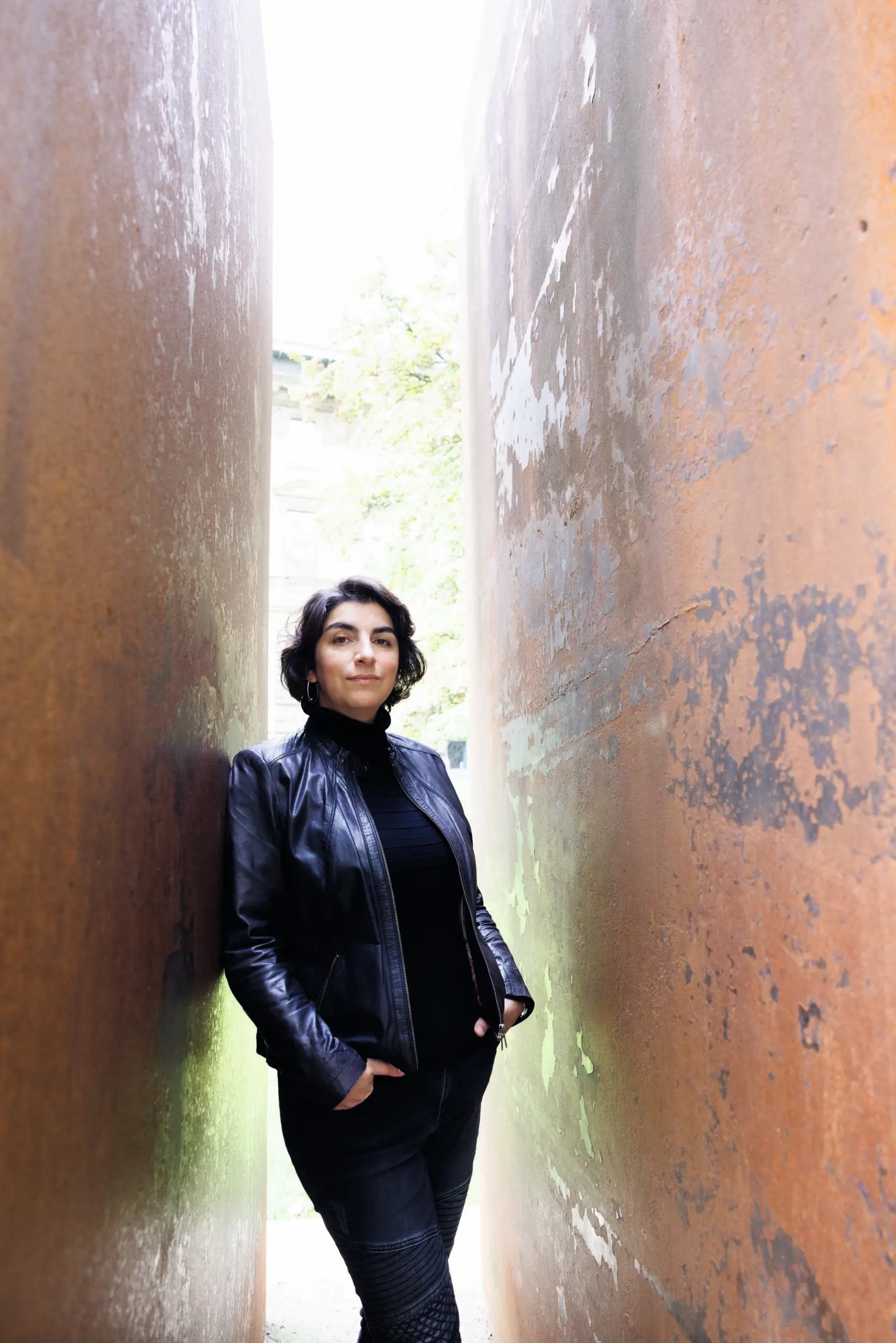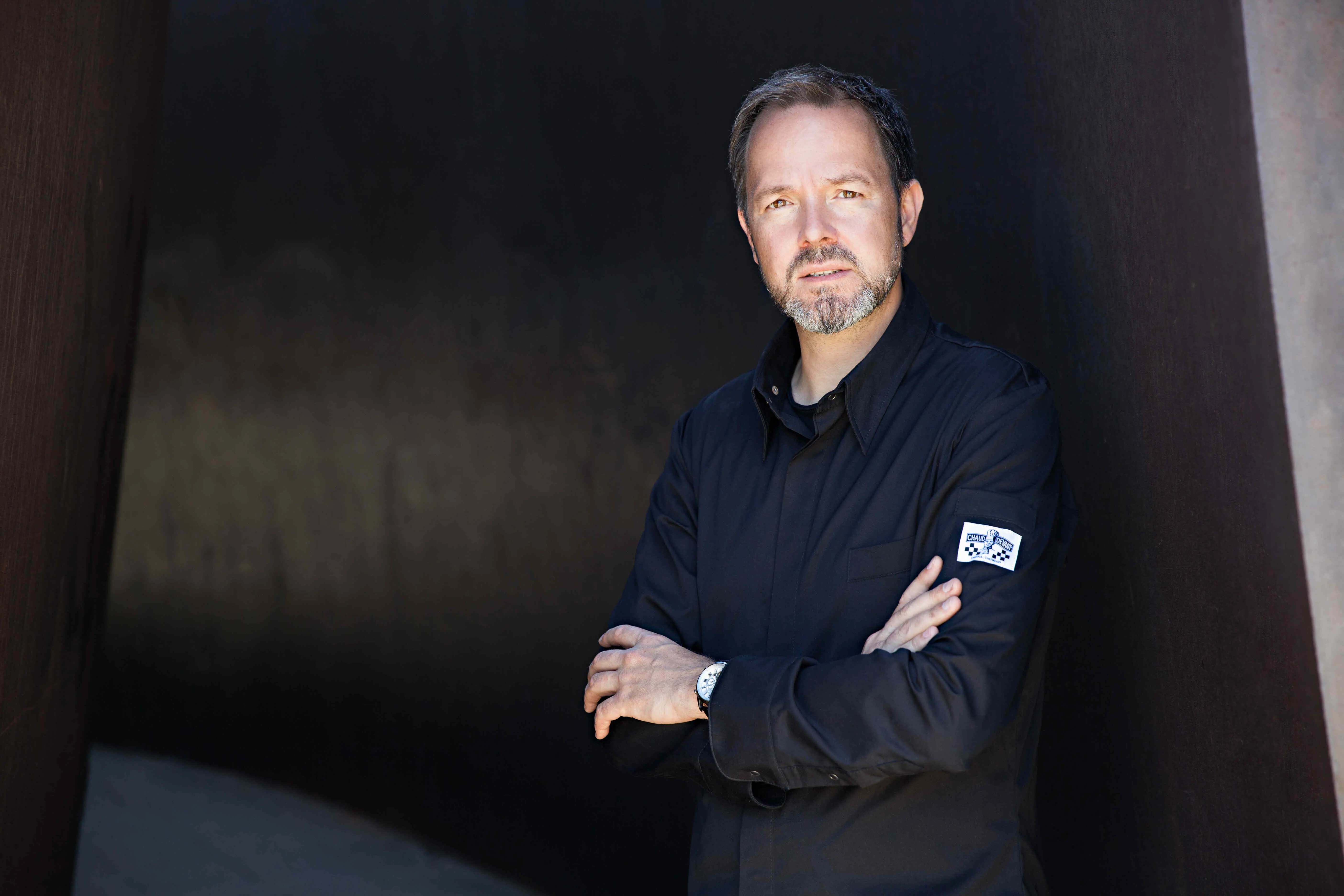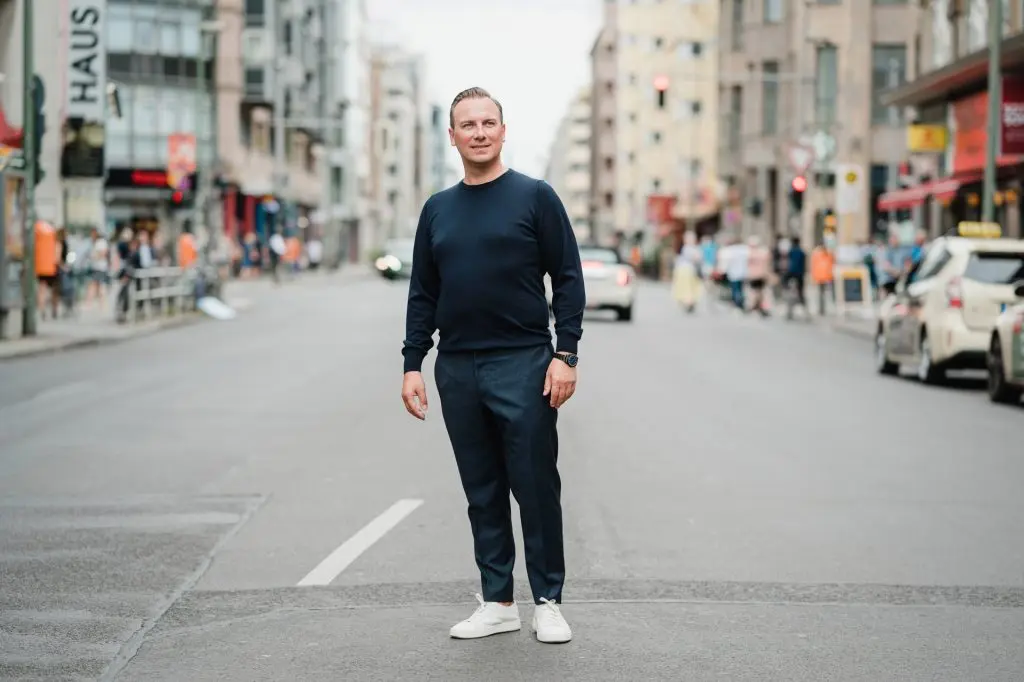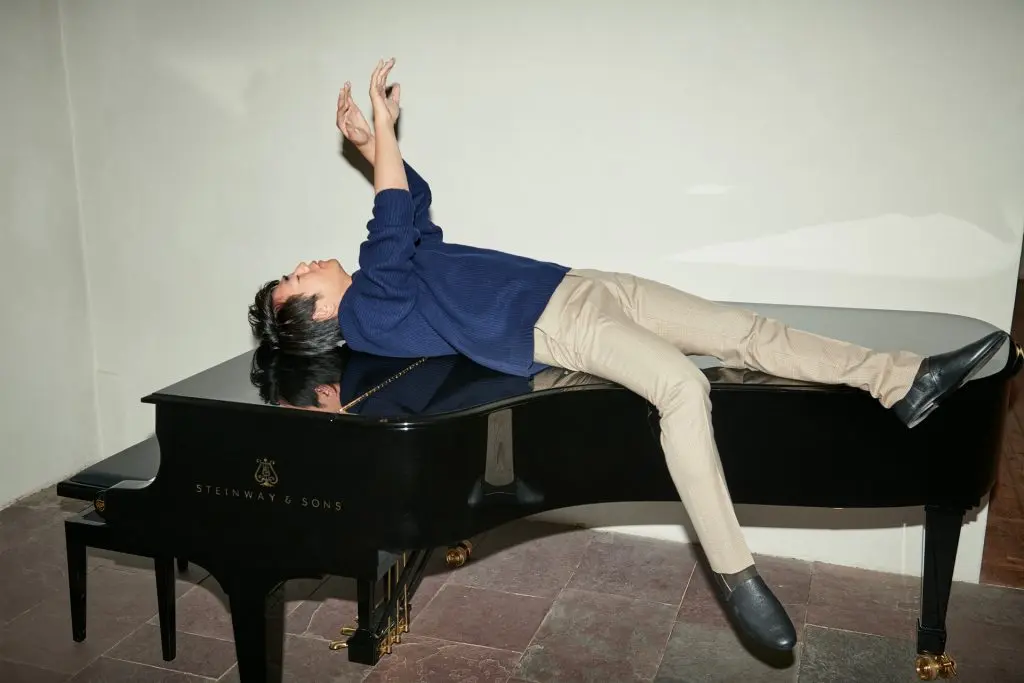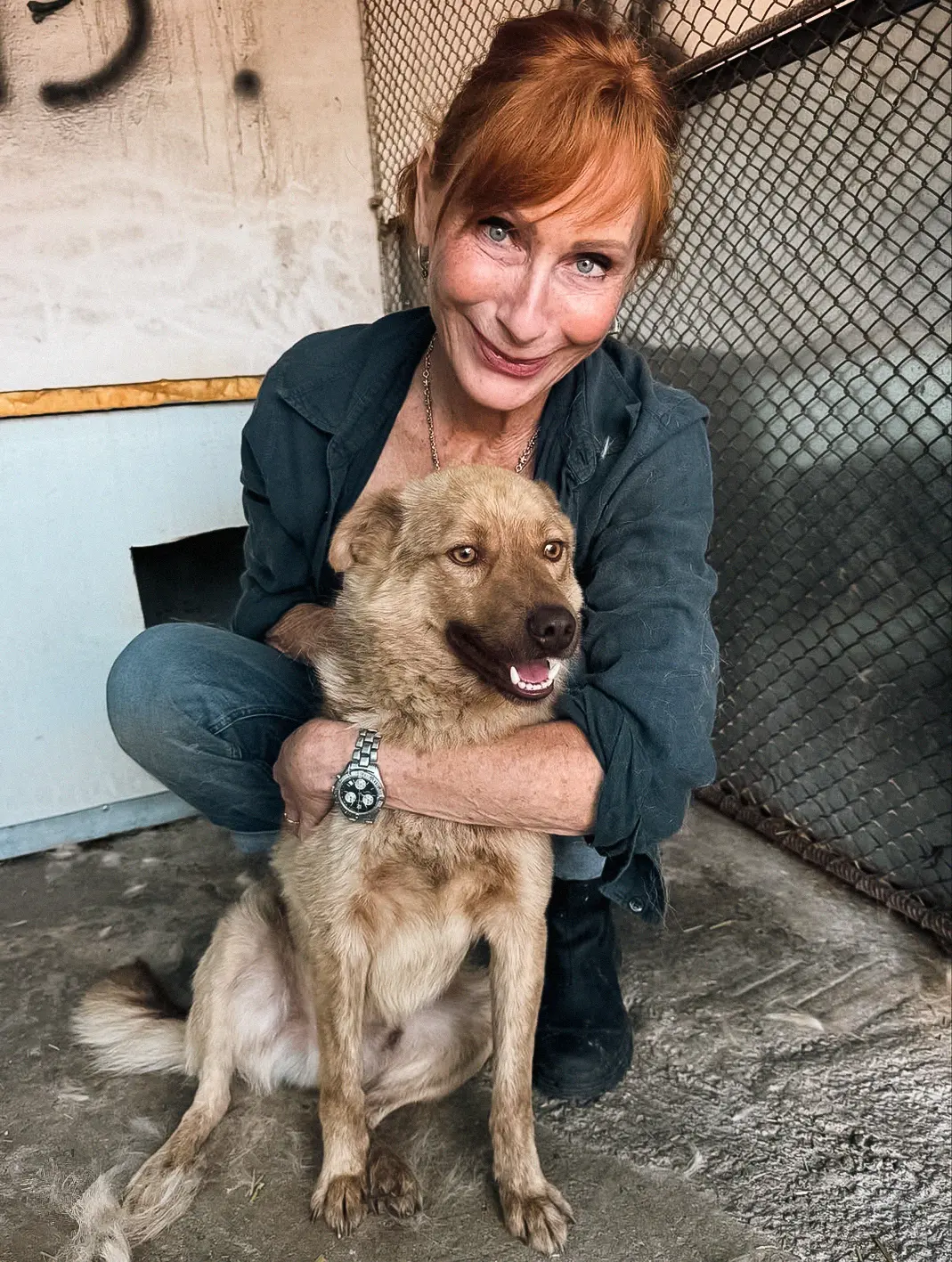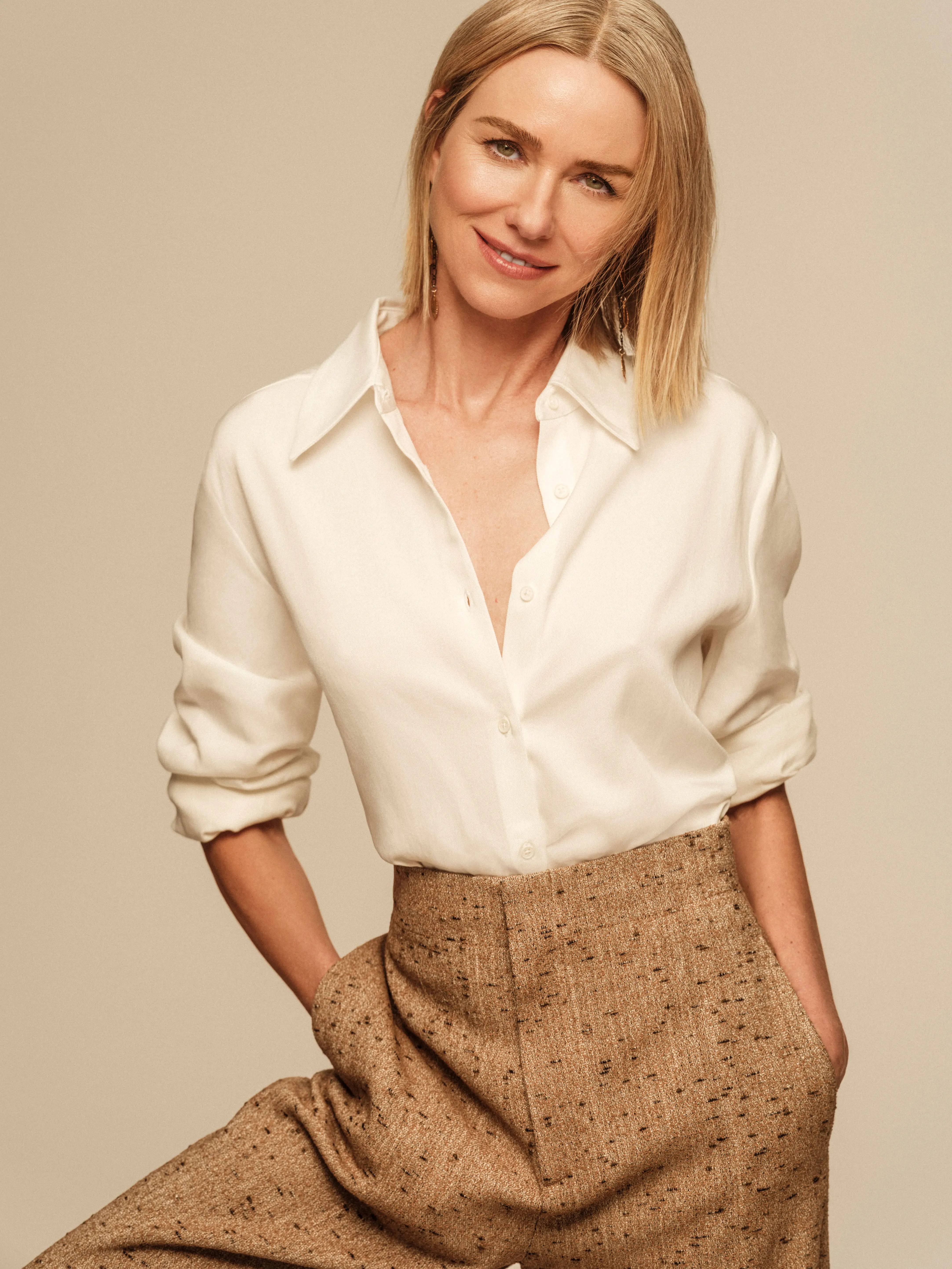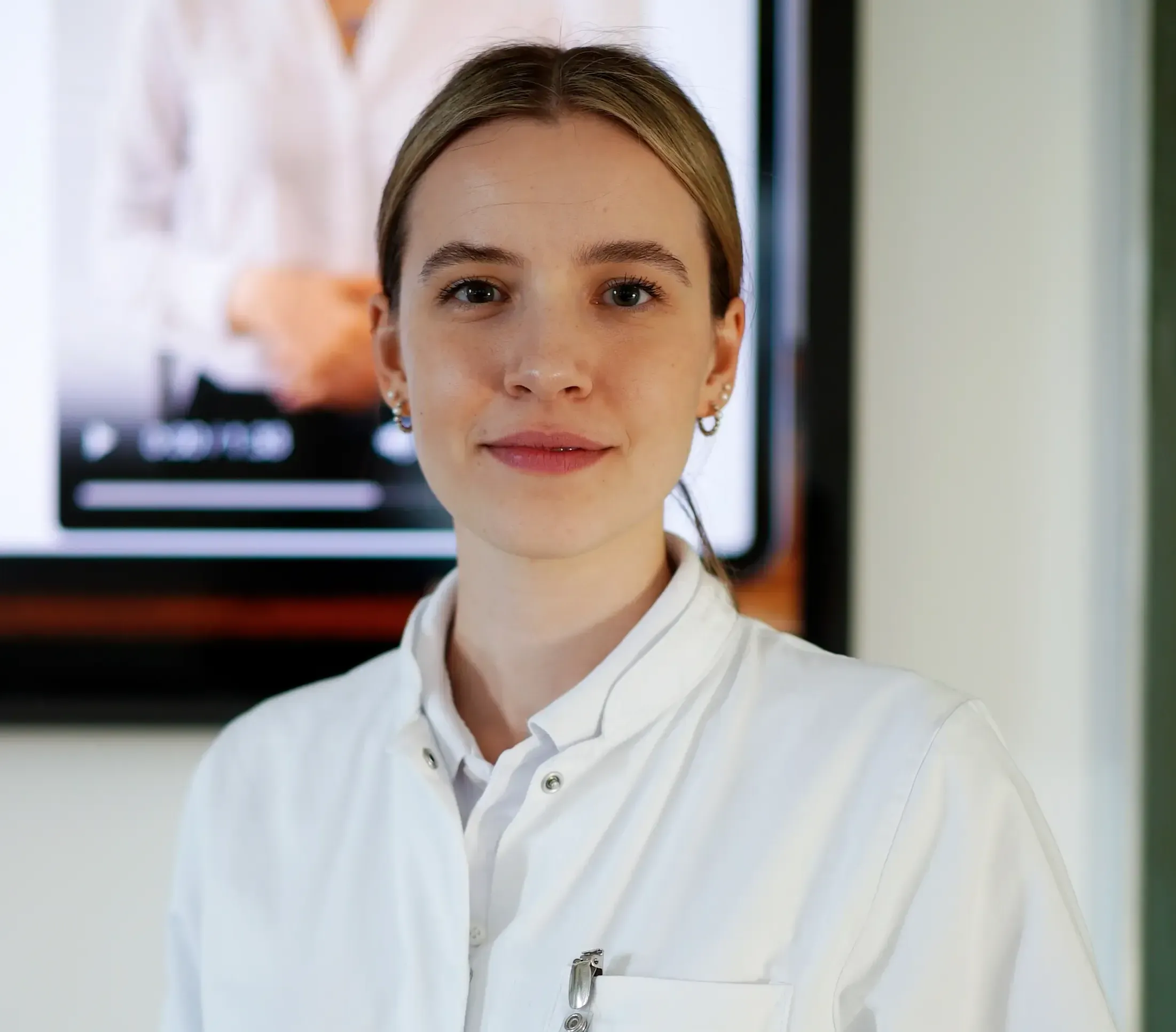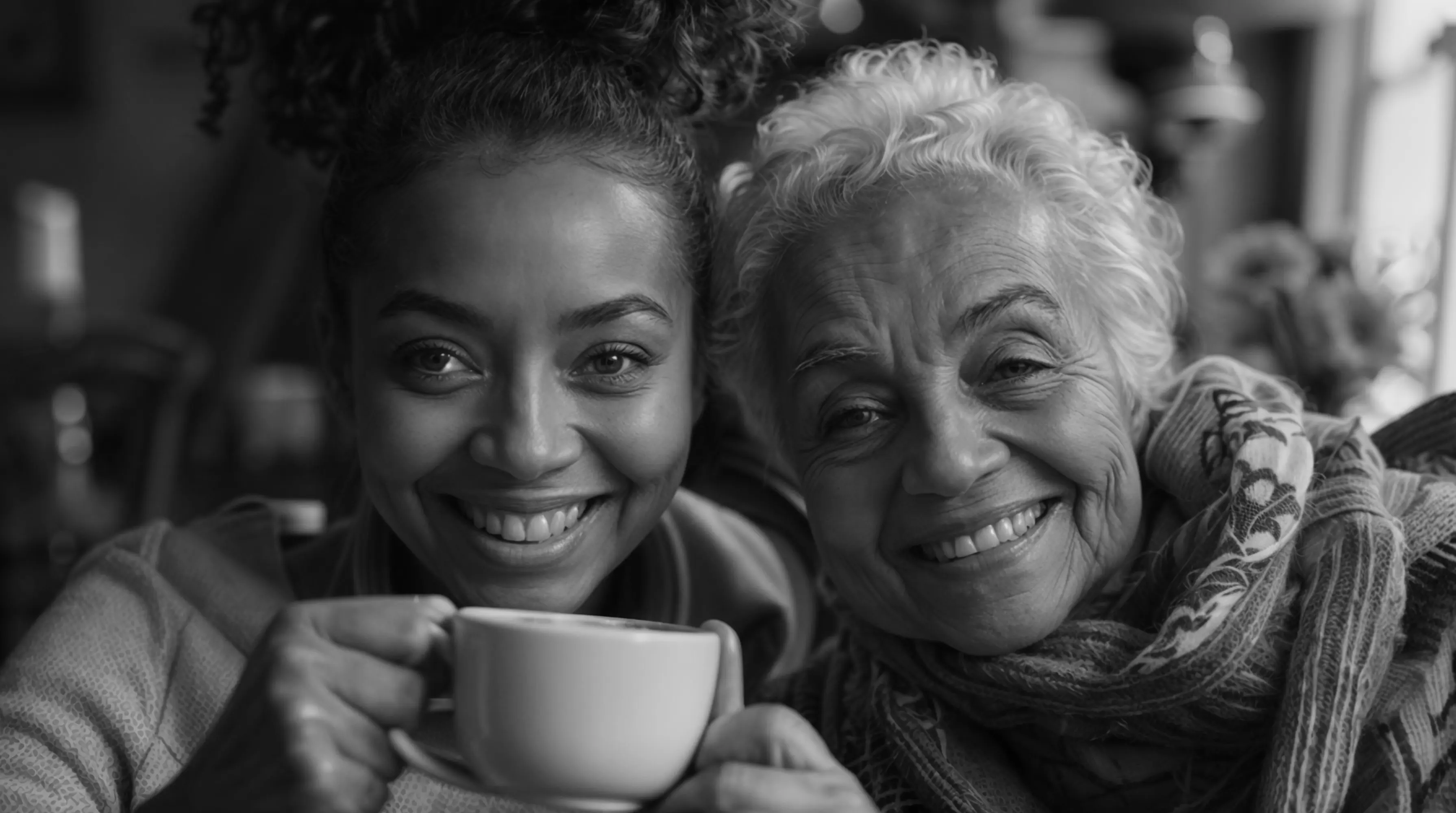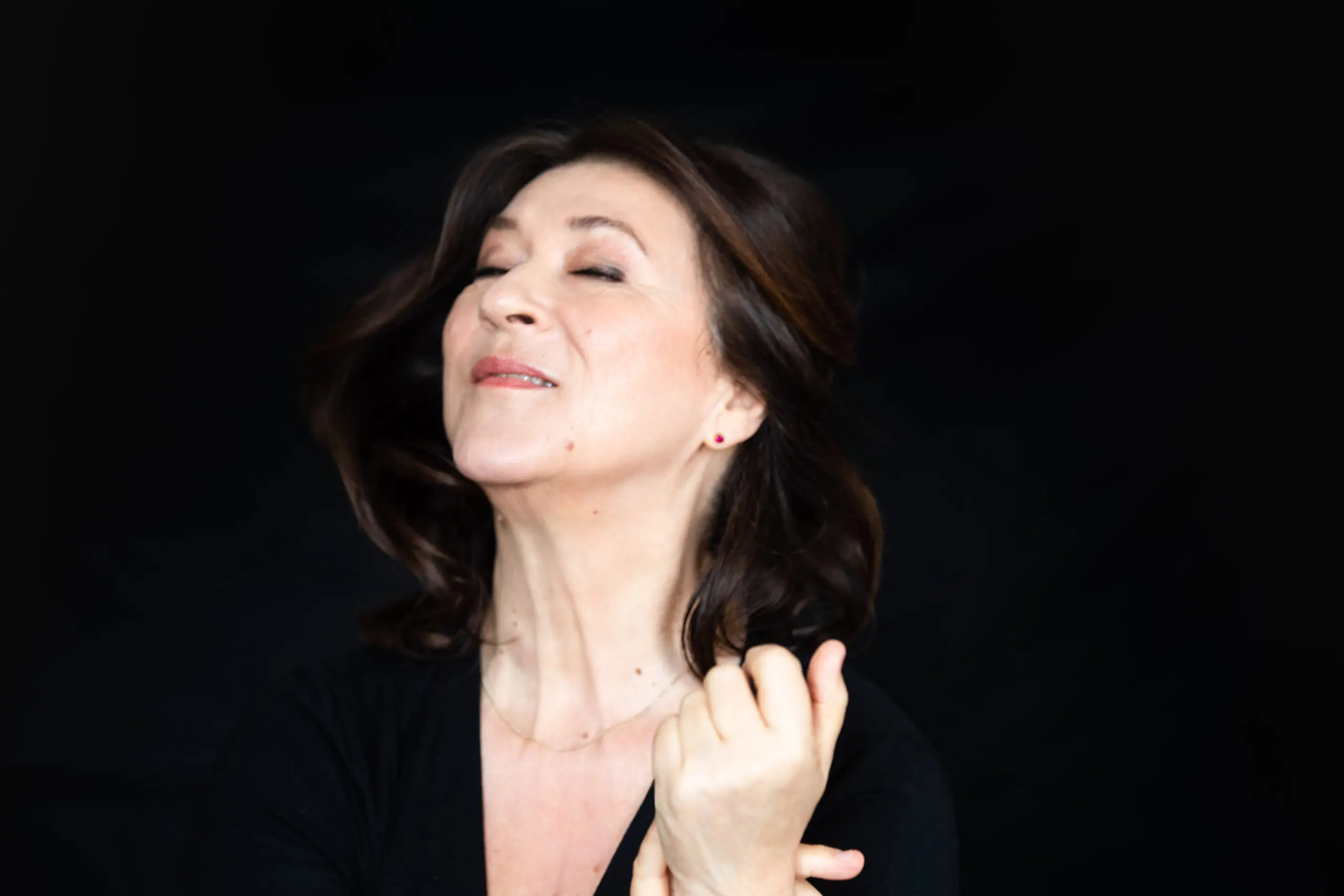She was the first woman in Europe in 2021 to replace a human heart with a total artificial heart. And at the latest since Dr. Dilek Gürsoy was awarded "Doctor of the Year" in 2019, she has also been by far the most well-known German heart surgeon.
Gürsoy has already recounted her unusual career path from a guest worker child to the top of this royal discipline in her book "I Stand Here Because I'm Good" told. Now, she wants to become the first woman to open a private clinic . And as is often the case with pioneers – especially female pioneers in male domains – there are not only glass ceilings to break through but also plenty of prejudices to overcome, especially in financing such an endeavor.
"If I've learned anything from the many conversations with banks in recent months, it's that I do it alone or not at all. I don't want an investor on board who ultimately interferes with the medical direction."
How far have the preparations for your clinic progressed?
I have already found the right property in Mönchengladbach. I founded the company at the beginning of the year. The whole thing is primarily to be financed through crowdfunding. I am also in talks with some credit institutions.
But these talks are still tough. Many cannot imagine a woman as the entrepreneur of a private clinic. No wonder, as there haven't been any so far. Some fear that I'm planning a one-woman show, even though I've already gathered a great team of specialists around me. It's tedious.
Maybe you just come across as too confident? After all, your biography is titled: “I'm here because I'm good”. Does that scare men?
I have never participated in the typical power games. Neither at the operating table, where it's about the pole position next to the professor, nor in the female variant, voluntary self-exploitation. The fact is, women are better surgeons - if only because they know their limits.
And fortunately, there are now more female chief physicians in the surgical field at university clinics. But all 78 clinics in Germany are predominantly led by men. However, it's not about having a certain title or being the first everywhere for me. I don't need that for my ego.
